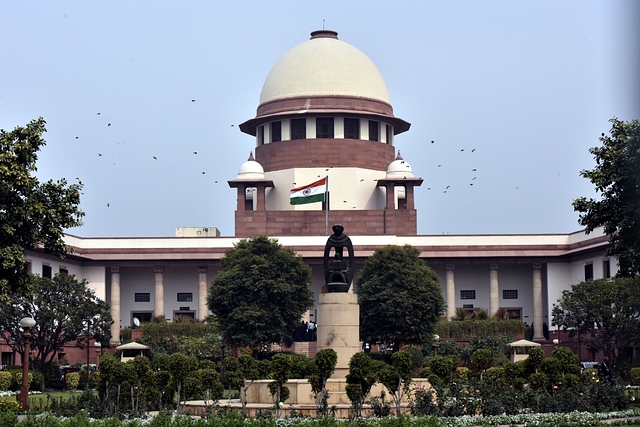
CJI Ranjan Gogoi-Led Bench To Decide Whether RTI Covers Chief Justice Of The Supreme Court On Wednesday
The Supreme Court will on Wednesday (13 November) decide whether the Chief Justice of India would come under the Right to Information (RTI) or not.
A five-judge Constitution bench of the apex court headed by Chief Justice of India (CJI) Ranjan Gogoi would pronounce its verdict on the matter.
The bench also comprising Justice N V Ramana, Justice D Y Chandrachud, Justice Deepak Gupta and Justice Sanjiv Khanna had on 4 April reserved its order in the case.
The order will be on a plea filed by Supreme Court Secretary-General against the Delhi High Court order holding that the CJI's office comes under the ambit of the Right to Information Act.
Attorney General (AG) K K Venugopal, who was representing Supreme Court's Central Public Information Officer (CPIO), had submitted that sharing information connected with collegium, which is under the CJI office, would make judges and the government shy and destroy judicial independence. CPIO is the authority tasked to respond to RTI queries related to the court.
Appearing for RTI activist Subhash Chander Aggarwal, advocate Prashant Bhushan argued before the bench for the entire day urging the judiciary to put forth the collegium process in public domain.
The verdict in the case will decide whether the CJI's office will come under the ambit of the RTI Act.
The issue arose from an appeal filed by the Supreme Court Secretary-General against the January 2010 judgement of the Delhi High Court that declared the CJI's office a "public authority" within the meaning of Section 2(h) of the RTI Act, 2005.
(This story has been published from a wire agency feed without modifications to the text. Only the headline has been changed.)